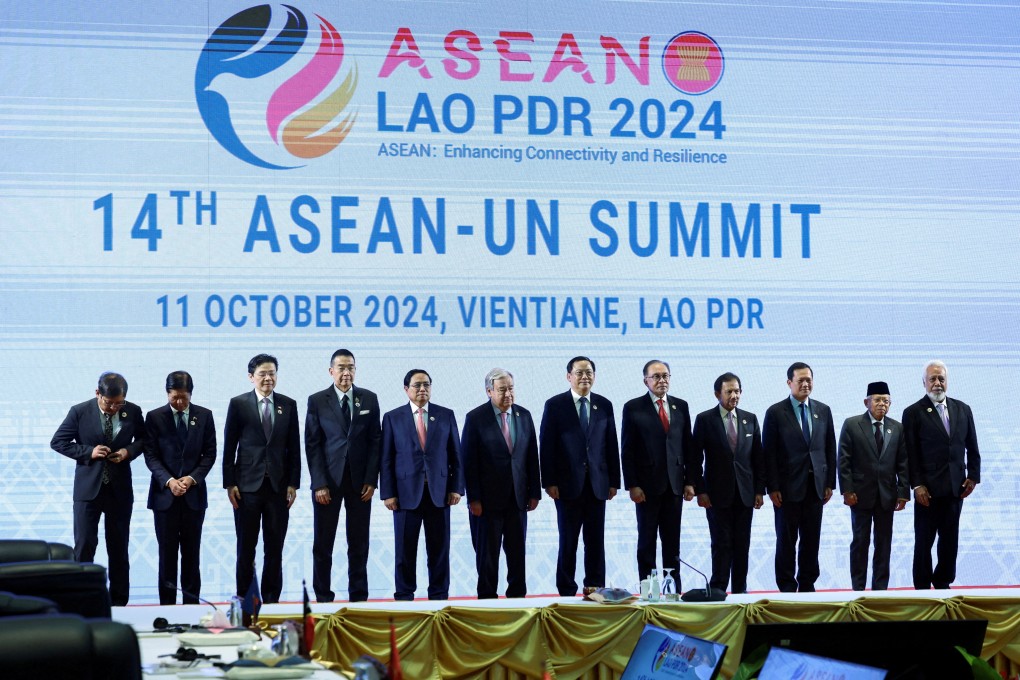Advertisement
Opinion | 3 challenges facing Malaysia to ensure Asean remains relevant
Even modest success under Malaysia’s leadership could bolster the grouping’s unity and credibility, but failure will only deepen fractures in the bloc
Reading Time:3 minutes
Why you can trust SCMP

In 2025, Malaysia will take on the rotating chairmanship of Asean. Having long sought to position itself as a central player in the Indo-Pacific, the Association of Southeast Asian Nations finds its centrality increasingly challenged.
Advertisement
Ensuring Asean’s relevance will require Malaysia to successfully navigate three key challenges: managing US-China rivalry, reconciling internal divisions, and addressing the crisis in Myanmar. Each issue underscores the regional grouping’s strategic vulnerabilities, yet they also highlight opportunities for Malaysia to exercise leadership that could shape the bloc’s trajectory in the coming decade.
The intensifying rivalry between the United States and China is reshaping the global order, placing Asean at the centre of this geopolitical contest. Both nations have employed strategies that undermine the bloc’s cohesion, fragmenting its collective voice.
The US is poised to further entrench its hub-and-spoke model of bilateral alliances under a second Donald Trump administration. This time, however, the incoming president is likely to amplify his preference for transactional bilateral diplomacy, sidelining multilateral platforms such as Asean in favour of partnerships that align with Washington’s strategic interests.
China, on the other hand, has sought dominance through economic statecraft by embedding itself deeply into the economies of smaller Asean members such as Cambodia and Laos, fostering dependencies that undermine Asean’s ability to act cohesively.
Advertisement
The South China Sea epitomises this dynamic. By engaging claimant states on a bilateral basis – Malaysia included – Beijing is bypassing Asean’s collective mechanisms and securing outcomes that reinforce its strategic interests.

Advertisement
